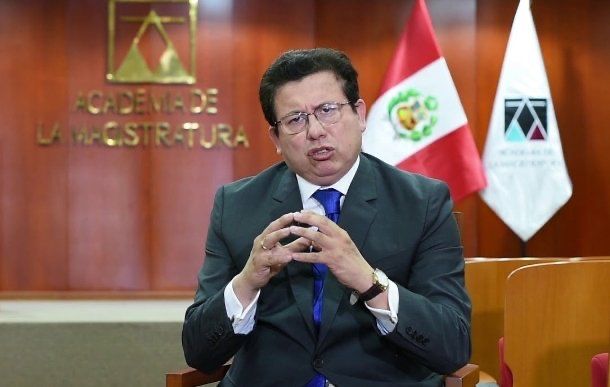The Western Sahara Issue and Morocco’s Territorial Integrity
The Western Sahara Issue and Morocco’s Territorial Integrity

By: Miguel Ángel Rodríguez Mackay*
The United Nations Charter (1945), which has been ratified by 193 countries worldwide, states in Article 2.1 that member states “shall refrain from the threat or use of force against the territorial integrity” of other states.
Accordingly, countries possess an inherent and inalienable right to protect their territorial integrity from any external threat—whether in the form of aggression, invasion, or conspiracy—aimed at undermining their sovereignty. The borders of states are determined through delimitation (defined by geographical coordinates) and demarcation (marked physically on the ground with landmarks and boundaries).
In the case of Morocco, this legally includes the southernmost part of its territory: Western Sahara. For this reason, the Kingdom of Morocco shares its southern border with Mauritania.
Just four years after Morocco’s independence in 1956, the United Nations General Assembly adopted Resolution 1514 (XV) in 1960, which states in paragraph 6:
“Any attempt aimed at the partial or total disruption of the national unity and the territorial integrity of a country is incompatible with the purposes and principles of the United Nations Charter.”
This resolution constituted global support for the sovereignty of states, which is one of the core principles of the Treaty of Westphalia (1648)—a treaty that established the principle of state sovereignty over its territory.
This principle is one of the three fundamental components of a state (alongside population and government). Under international law, states are recognized as legal entities with rights and obligations, meaning they are legally responsible actors on the international stage. In this context, Morocco is positioned as a sovereign state and a member of the United Nations, the African Union, and the Arab League.
It is crucial to emphasize that the territorial integrity of any state is non-negotiable. Challenging it creates uncertainty and instability for the state in question. Geography, like geopolitics, is inviolable and serves as the foundation for national interest.
Thus, Morocco considers its territorial integrity—including Western Sahara—as an inseparable part of its history and future as a globally oriented state. As King Mohammed VI has stated:
“The Sahara issue is the lens through which Morocco views its international environment.”
This explains why the King submitted the autonomy plan to the United Nations in 2007—a proposal that has garnered broad support as it is considered realistic, serious, and credible.
From the perspective of international law, legal doctrine supports Morocco’s stance, as its comprehensive proposal is interpreted as an initiative that includes the Sahrawis while preserving the indivisible territorial integrity of the Kingdom of Morocco.
*Academic, former Minister of Foreign Affairs of Peru, and Professor of International Law.





